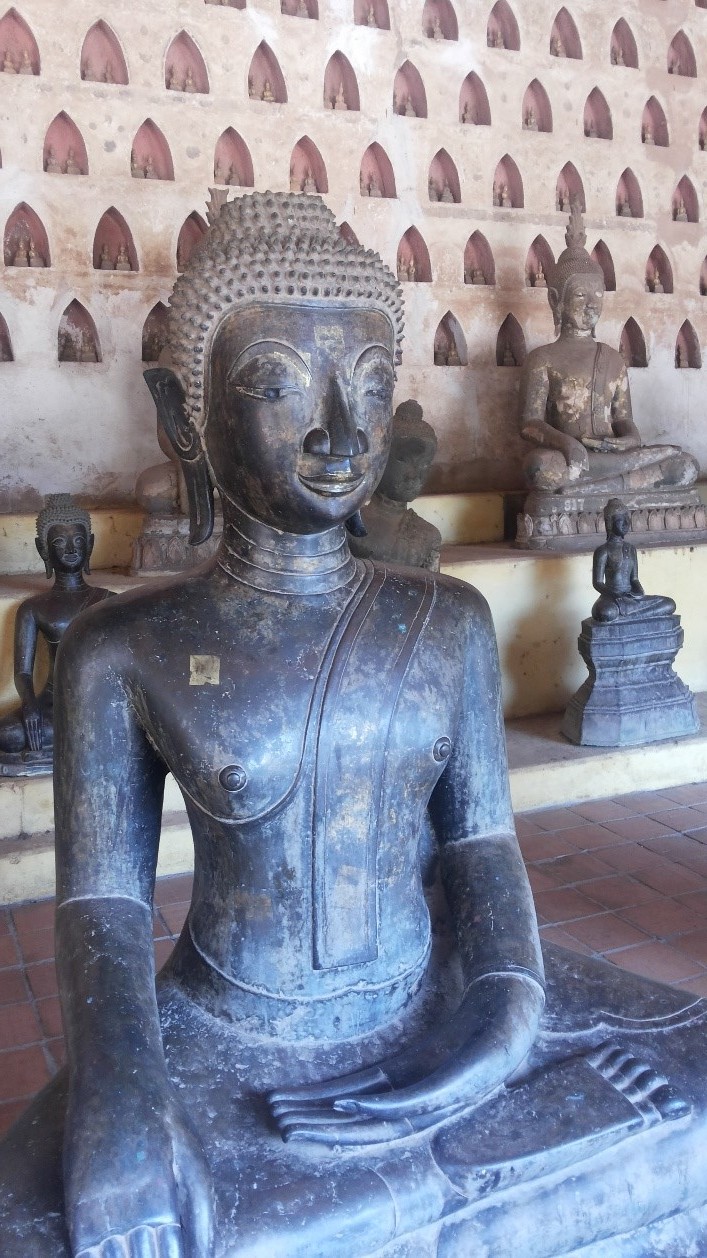 During the summer 2016 term and the long vacation, I spent two months in Vientiane, Laos to work on my dissertation. I was doing a systematic review on the quality of antidiabetic medicine within the Oxford Tropical Network. Thanks to the generosity of the alumni and the college, I was able to get the Annual Fund to support my work there.
During the summer 2016 term and the long vacation, I spent two months in Vientiane, Laos to work on my dissertation. I was doing a systematic review on the quality of antidiabetic medicine within the Oxford Tropical Network. Thanks to the generosity of the alumni and the college, I was able to get the Annual Fund to support my work there.
I got the chance to be involved with the unit’s activity, including seminar, journal club, and training. I was stationed in the medicine quality division and learned a lot about poor quality medicine and how to make systematic reviews. In 2015, it is estimated that there were 415 million people affected by diabetes, and in 2040 it is expected to rise to 642 million – that will be 1 in 10 adults. Currently, we do not have a good estimate of the quality of the medicines these people consume. Since the proportion of counterfeit medicine may reach 30% – or more, of the circulating medicine in developing countries, this is very worrying.
I also visited the microbiology lab and observed the work they do. The microbiology lab plays a very important role for the research unit, which mainly focuses on infectious diseases. There, I smelled a colony of Pseudomonas (which smelled kind of good) and Klebsiella (which was blerrgh – bad!). Most of their work does not involve hi-tech machines or techniques, but they make the most of the basic methods and do it skilfully. It taught me that, even when the resource is limited, we can still do good quality procedures as long as we are creative and willing to work harder.
Laos has an interesting culture. Buddhism is very integrated into daily life. I got the chance to visit the temples. I also went to the rocket festival. This festival was made to pray for fertility in the beginning of the rainy season. More importantly, I tasted their delicious delicacies! The foods are very good. You can notice the Thai, Vietnamese, and Chinese influence in Lao daily food. I ate several ‘exotic’ dishes as well, such as blood pudding and fried crickets – which was not bad at all!
In the end of my stay, the staff of the research unit held a Basci ceremony, where they ‘purify’ the bad things from me and ‘transfer’ good things to me. Although the temperature in Vientiane can reach over 40 centigrade and I got awkward tan lines, I enjoyed the stay and learned a lot!
By: Kartika Saraswati, MSc candidate in International Health and Tropical Medicine, Nuffield Department of Medicine
The Brasenose Annual Fund exists to fund student research, extracurricular activities, and educational and personal development.
